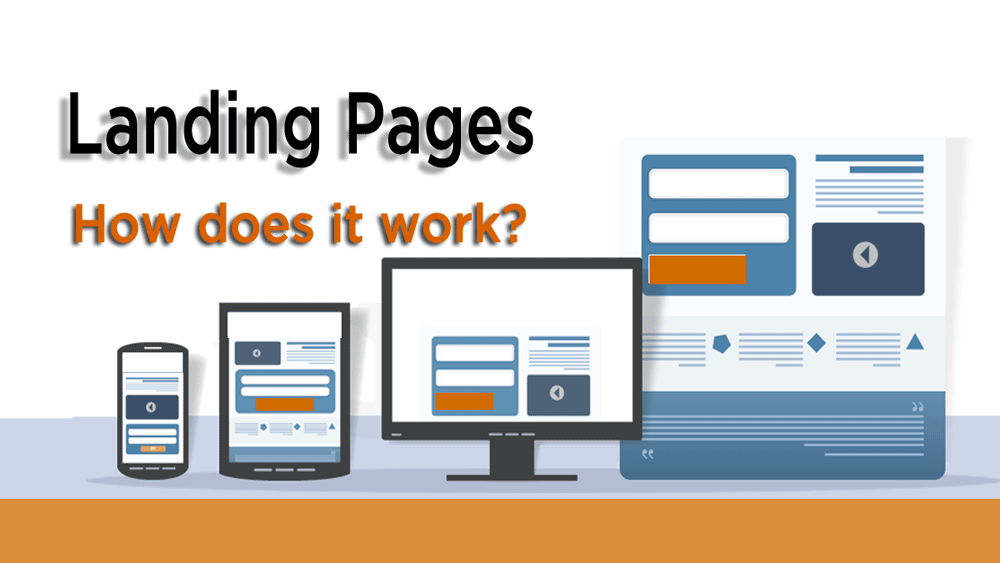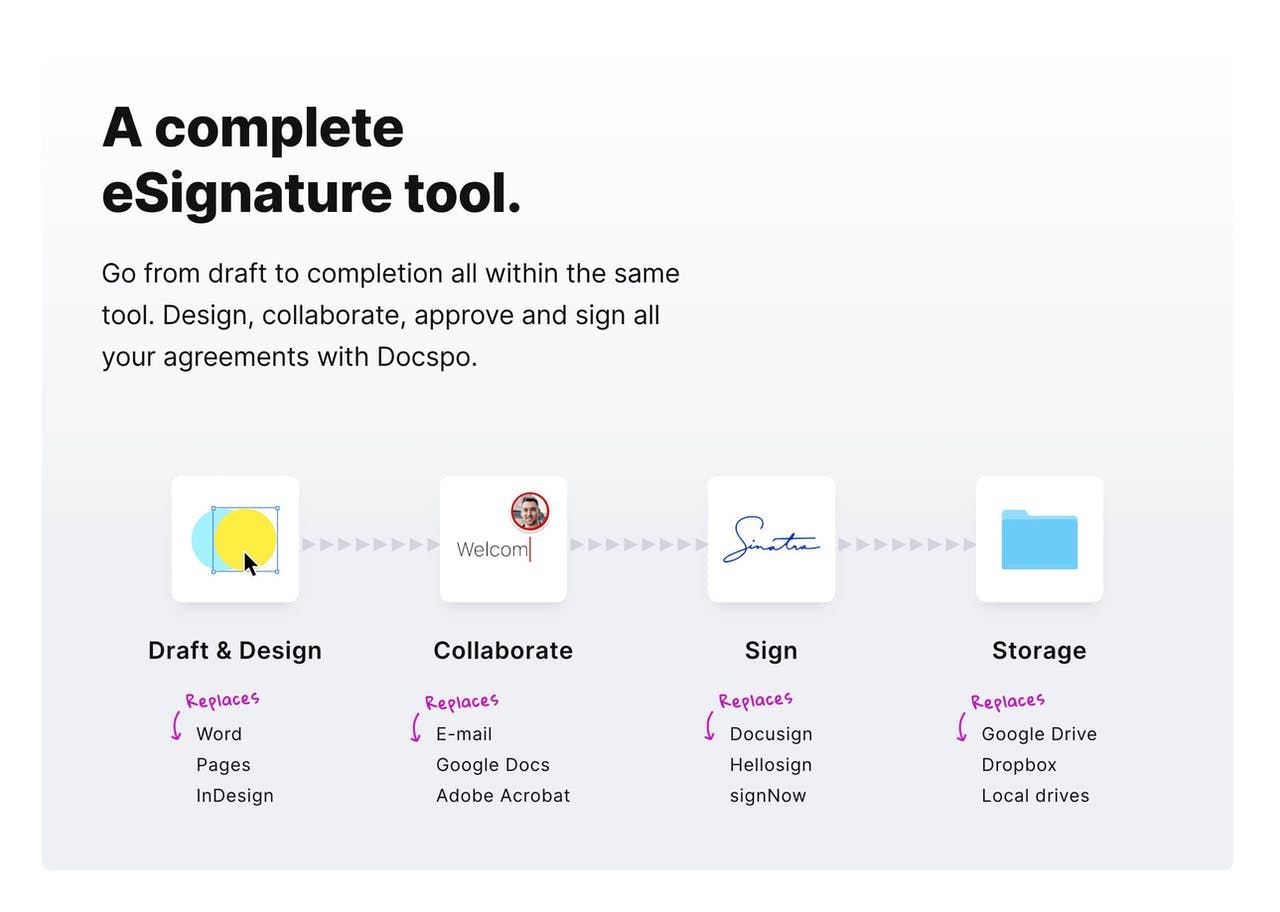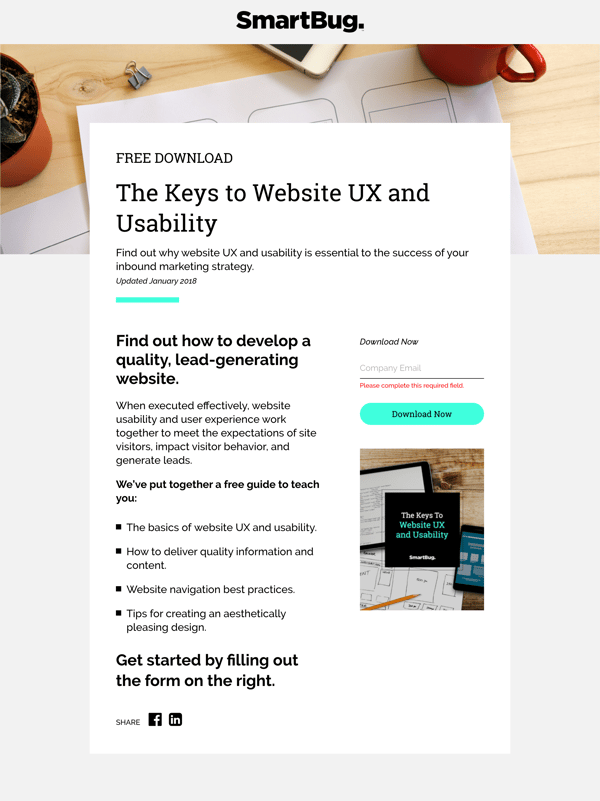What is a Landing Page and How It Works? A Comprehensive Guide
A landing page is a standalone web page, distinct from your website's homepage, designed to capture a visitor's information or encourage a specific action. Unlike a website's homepage, which typically serves as a navigational hub, a landing page focuses on a single, targeted goal. This laser focus allows for highly effective conversion optimization. Think of it as a specialized storefront within a larger retail complex – each storefront (landing page) focuses on a specific product or service, while the entire complex (website) houses a broader range of offerings.
In-depth Explanation:
A successful landing page seamlessly integrates compelling content, a clear call-to-action (CTA), and an optimized design to convert visitors into leads or customers. This conversion could involve anything from signing up for a newsletter, downloading an ebook, requesting a demo, or making a purchase. The key difference lies in its singular purpose: to convert a visitor into a desired outcome. A homepage might showcase multiple services, whereas a landing page promotes only one, maximizing its effectiveness.
For example, a software company might have a landing page dedicated specifically to its project management tool, featuring a compelling video, concise explanation of its benefits, and a prominent "Request a Demo" button. Another example could be a marketing agency using a landing page to promote a free webinar on SEO best practices, with a form to collect email addresses for registration.
Data and Statistics:

- Conversion Rates: High-performing landing pages boast conversion rates significantly higher than those of general website pages. While averages vary depending on industry and target audience, a well-optimized landing page can achieve conversion rates of 5-10% or even higher. Poorly designed pages may only convert less than 1%.
- Mobile Optimization: With the increasing reliance on mobile devices, mobile-friendly landing pages are crucial. Statistics show a significant drop in conversion rates for pages that aren't optimized for mobile viewing. Google prioritizes mobile-first indexing, meaning a poorly designed mobile experience can severely impact your search engine ranking.
- A/B Testing: Continuously testing different versions of your landing page (A/B testing) is essential for optimization. Data from A/B tests reveals insights into what resonates most with your audience, leading to incremental improvements in conversion rates. A/B testing can lead to a 10-30% increase in conversion rates.
Case Study: Hubspot
HubSpot, a leading inbound marketing platform, is known for its highly effective landing pages. Their landing pages are characterized by clear value propositions, concise messaging, strong CTAs, and compelling visuals. Their success stems from a data-driven approach to A/B testing and continuous optimization, resulting in consistently high conversion rates.

Step-by-Step Guide to Creating a High-Converting Landing Page:
- Define Your Goal: Clearly identify the specific action you want visitors to take (e.g., download a resource, sign up for a trial, make a purchase).
- Identify Your Target Audience: Understand your audience's needs, pain points, and motivations. This informs your messaging and design choices.
- Craft Compelling Headlines and Copy: Write concise, benefit-driven headlines and body copy that resonate with your target audience. Focus on solving their problems and highlighting the value proposition.
- Design a User-Friendly Layout: Keep the design clean, uncluttered, and visually appealing. Ensure easy navigation and a clear path to the CTA.
- Optimize for Mobile: Ensure your landing page is responsive and displays perfectly on all devices.
- Include a Strong Call-to-Action (CTA): Use clear, concise, and action-oriented language. Experiment with different CTA button colors and phrasing.
- Track and Analyze Your Results: Use analytics tools (e.g., Google Analytics) to monitor key metrics like conversion rates, bounce rates, and time on page. Use this data to iterate and improve your landing page.
- A/B Test Regularly: Continuously test different versions of your landing page to identify what works best for your audience.
Expert Insights:
"The most important element of a landing page is clarity. Visitors should instantly understand what you're offering and why they should care." – Neil Patel, digital marketing expert
"Don't be afraid to experiment. A/B testing is crucial for identifying what resonates with your audience and maximizing conversion rates." – Ann Handley, marketing author and speaker
Examples:
![8 Elements Your Startup Landing Page Needs | [site:name] 8 Elements Your Startup Landing Page Needs | [site:name]](https://www.wordstream.com/wp-content/uploads/2021/07/startup-landing-page-how-it-works-chewse.jpg)
- Lead Generation Landing Page: A SaaS company offering a free trial of their software with a form to collect email addresses and other relevant information.
- Product Launch Landing Page: An e-commerce store promoting a new product with high-quality images, detailed product descriptions, and a clear "Add to Cart" button.
- Webinar Registration Landing Page: A marketing agency promoting a free webinar on a relevant topic with a registration form to capture email addresses.
(Suggesting Visual Elements)
- Infographic: Illustrating the steps in creating a landing page.
- Before & After Images: Showcasing the impact of design improvements on conversion rates.
- Diagram: Depicting the user journey on a landing page.
SEO Optimization:

- Keyword Research: Identify relevant keywords related to your offer and incorporate them naturally into your headline, body copy, and meta descriptions.
- Title Tag Optimization: Craft a compelling and keyword-rich title tag that accurately reflects your landing page's content.
- Meta Description Optimization: Write a concise and engaging meta description that encourages clicks from search engine results pages (SERPs).
- URL Optimization: Use a short, descriptive, and keyword-rich URL.
Frequently Asked Questions (FAQ):
- Q: What is the difference between a landing page and a website? A: A website is a collection of interconnected pages, while a landing page is a standalone page designed for a specific purpose, usually conversion.
- Q: How many landing pages should I have? A: The number of landing pages depends on your business needs and the number of offers you have. It's better to have several targeted landing pages than one generic page.
- Q: What are the key elements of a successful landing page? A: Compelling headline, clear value proposition, high-quality visuals, strong call-to-action, and optimized for mobile devices.
- Q: How can I measure the success of my landing page? A: Track key metrics such as conversion rate, bounce rate, time on page, and click-through rate using analytics tools like Google Analytics.
Call to Action:
Landing pages are an essential tool for converting website visitors into leads and customers. By following the steps outlined in this guide and continuously optimizing your pages based on data analysis, you can significantly improve your conversion rates and achieve your business goals. Ready to build your high-converting landing page? Start by identifying your target audience and defining your specific conversion goal today!
QnA
Q: What Is a Landing Page? Landing Pages Explained | UnbounceA: In digital marketing, a landing page is a standalone web page, created specifically for a marketing or advertising campaign. It's where a visitor “lands” ...
Q: Back to Basics: What Are Landing Pages and How Do They Work ...
A: A landing page is a page on your site that is designed to convert visitors into leads. It is different from other pages on your website in that it follows both ...
Q: What is a Landing Page? Definition and How to Use | Mailchimp
A: Landing pages can help you attract new customers through effective digital advertising campaigns. With a dedicated landing page for each of your campaigns, you ...
Q: How Do Landing Pages Work? (Plus How To Create One) | Indeed ...
A: Jul 11, 2023 ... To create a more guided user experience, a landing page exists as a thoughtfully designed space that focuses on a single goal.A visitor usually ...
Q: HubSpot Community - Landing Page URL not working after DNS ...
A: Nov 2, 2023 ... Go into the Landing pages section of Hubspot, pick one of the pages that you know no longer works, click Edit and go to Settings.
Q: Why do people not use landing pages? : r/DigitalMarketing
A: Jul 4, 2024 ... Purpose: A landing page is a standalone web page created specifically for a marketing or advertising campaign. · Content: Focuses on a single ...
Q: How Do Landing Pages Work? An Definitive Guide for 2024
A: Jan 24, 2024 ... A landing page is a standalone web page created about a specific topic to gather contact information from a potential lead, such as their email ...
Q: Solved: HubSpot Community - Landingpage link doesn't work ...
A: The problem: my landing page link doesn't work when published. When I click the link in concept mode it does, but when I publish the page, it stops working.
Q: What Is a Landing Page? All Your Questions, Answered
A: Jan 9, 2024 ... A well-designed landing page can impress and turn new visitors into leads by showing the valuable content your company can deliver. Even if a ...
Q: What I don't understand about landing pages : r/marketing
A: Apr 6, 2019 ... You can't use yourself as a benchmark to whether a landing page or sales page works because you're not the type that would buy through such ...